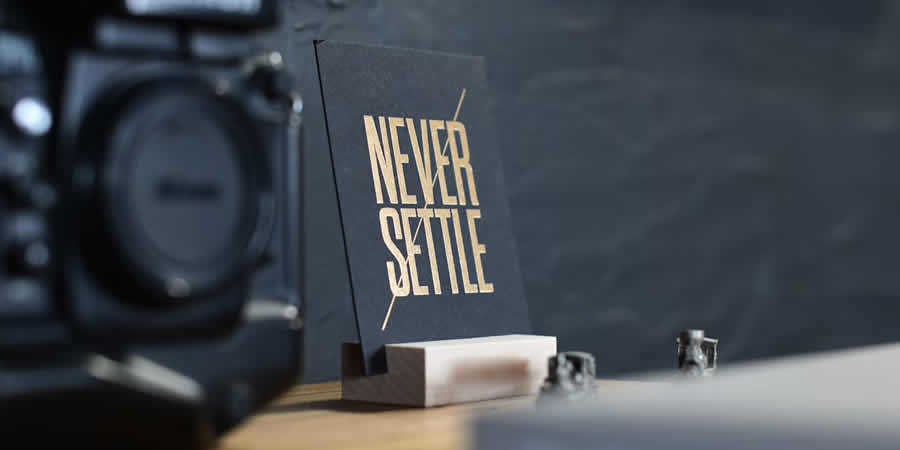As your web design career evolves, you’ll learn many valuable lessons. Among the most powerful is the realization that not all projects are created equally.
Just about every web design project will offer challenges. However, the types of challenges you’ll face can vary. Some will make you stronger and wiser, while others may make you regret signing up in the first place.
The key to a happy and successful freelance career is in finding those ideal projects. They’re the ones that pique your interest while challenging you to level up your design and coding skills. And if they pay well, that’s even better.
Today, we’ll explore what the ideal web design project looks like (hint: it’s different for everyone). Along the way, we’ll share some tips for positioning your business to find them.
What Makes a Project ‘Ideal’?
As we’re all unique individuals, defining an ideal project is very subjective. What may look like a golden opportunity may make others run for the hills. Therefore, it’s important to think about what you want to gain from the experience.
With that in mind, here are a few aspects to consider:
Compensation
While money isn’t everything, it’s still a vital factor for freelancers. Projects that have a poor time-to-money ratio can hurt your bottom line. And, metaphorically speaking, do you want to end up giving away a significant portion of your time?
Small projects can be beneficial. But that has to be weighed against your ability to make a decent living.
The Opportunity to Learn
Some projects offer the chance to learn something new. While that’s a positive, it can also be a double-edged sword.
For example, a project could require that you polish up your JavaScript skills. Or it may mean digging into a client’s internal processes. Some skills are more valuable to your career than others.
Technologies Utilized
To go along with learning, technological requirements are also crucial. If you specialize in a specific stack, you might not be keen to try a new one. On the other hand, it could be a chance to expand your horizons.
This goes for content management systems (CMS), coding languages, and server environments. If you don’t have a comfort level with what is needed in these areas, you’ll have to decide how you feel about digging into the project.
Commitment After Launch
What happens after the website launches? That could be a deciding factor on whether or not you sign up for a project.
Some designers may prefer to hand off the site to their clients and never hear from them again. Others will hope for a long-term relationship, where maintenance can provide recurring revenue.

Positioning Yourself for the Projects You Want
If you’ve identified what makes for an ideal project, the next step is to put yourself in the best position to find one. That involves a multi-pronged approach to marketing your business and sending the right message about your services.
Let’s look at a few ways to accomplish this:
Tailor Your Portfolio
When it comes to setting up your online portfolio, there’s a temptation to feature every single project you’ve worked on. While that can demonstrate the depth of your experience, it may also attract the wrong types of clients.
It may be worth ignoring projects that are outside of your niche or the ones that didn’t turn out as well as you hoped. Instead, focus on the ones that provided the best opportunities and outcomes.
Create Targeted Content
The content you create on your blog and social media says a lot about who you are and what you do. Therefore, it should be crafted with your ideal web projects in mind.
Think about who you want to reach and the information they would find useful. From there, find the right channels to promote it.
Don’t Weigh Yourself Down with Undesirable Projects
When you find that ideal project, you’ll want to be ready to seize the opportunity. That becomes more difficult when your schedule is packed with things you aren’t as excited about.
There’s a delicate balance. It’s important to book enough work to pay the bills. But you don’t want to be so busy that you’ll have to turn down or delay something you’re excited about. If possible, try and leave yourself enough space to fit in that shiny new project.

Why Settle for Just Any Web Design Project?
No project is perfect. And regardless of what opportunities come your way, there will likely be some compromises involved. But that doesn’t mean you should settle for just anything.
Once you discover the types of projects that fit your ideal characteristics, look for ones that check as many of those boxes as possible. The ability to do this consistently will lead both you and your business to a place of positive growth.
Top